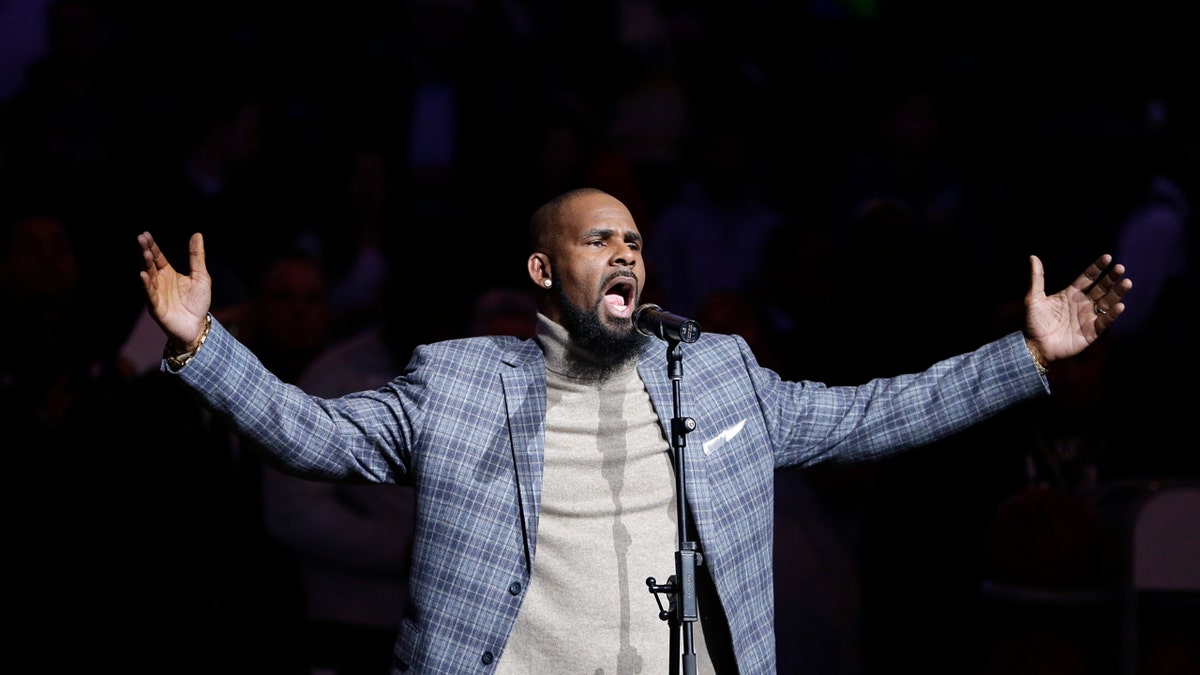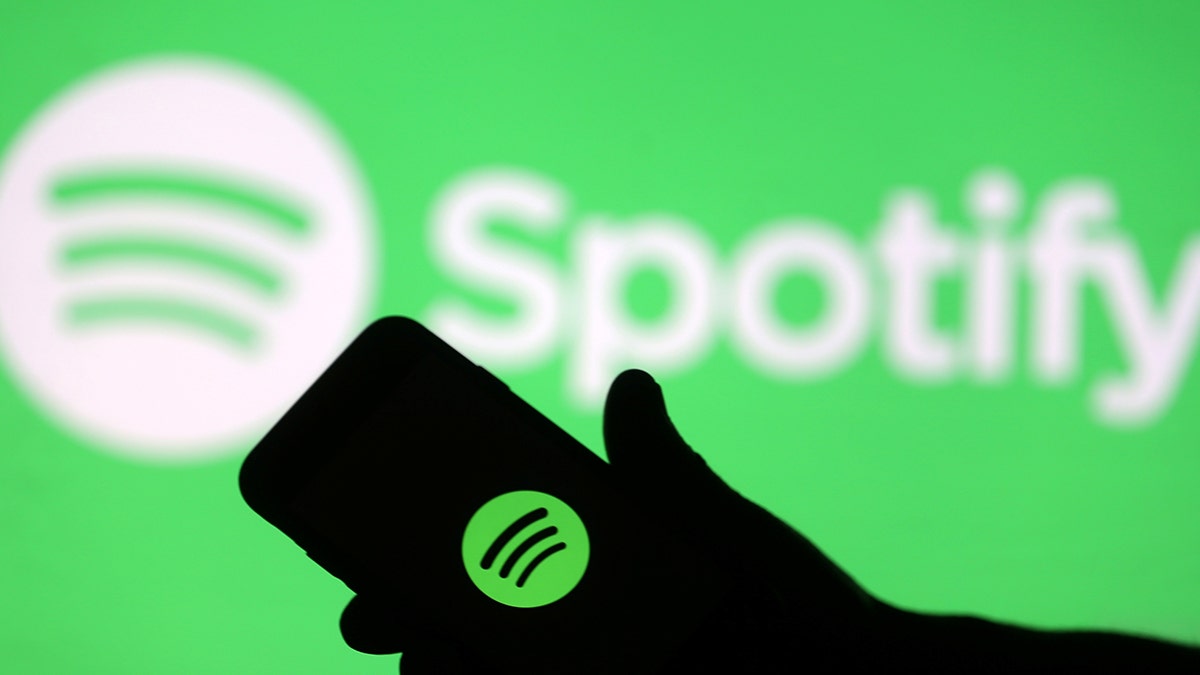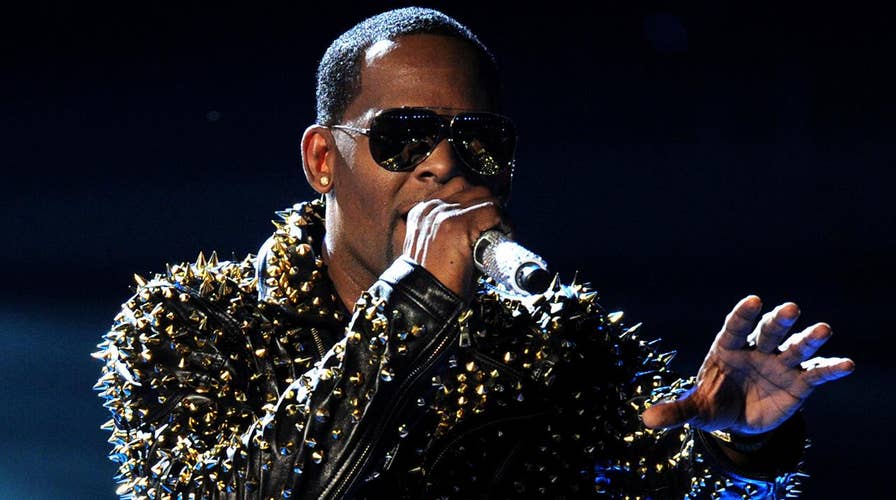Time's up for R. Kelly on Spotify
Top Talkers: The singer's music has been taken off playlists and recommendations after he was accused of sexual misconduct.
In a controversial announcement that saw R. Kelly’s music stripped from any and all promotions and playlists on Spotify, the music streaming giant has declared that it will no longer promote hateful music or artists -- a plan that, if executed fully, could drain the service of most of its content.
It’s no secret that the music industry is rife with claims -- some substantiated and others no -- of sexual misconduct by artists. Kelly has been accused by multiple women of sexual coercion and physical abuse but has been convicted of no crime. Although he’s denied these charges, Spotify has made him the go-to example of execution on its new policies by removing him from promotion.
“Spotify has the right to promote whatever music it chooses, and in this case, its actions are without merit. It is acting based on false and unproven allegations. It is bowing to social-media fads and picking sides in a fame-seeking dispute over matters that have nothing to do with serving customers,” said a statement from Kelly’s management to Fox News.
“Meanwhile, though, Spotify promotes numerous other artists who are convicted felons, others who have been arrested on charges of domestic violence and artists who sing lyrics that are violent and anti-women in nature,” it continued.
While people continue to argue the merits of Kelly’s expulsion from the platform’s promotions (his music will still be available on Spotify by search), it’s clear that the company has opened itself up to the pitfalls of a new policy that may not be reasonable to police.

R. Kelly's music has been removed from all promotion at Spotify. (AP)
“While we don’t believe in censoring content because of an artist’s or creator’s behavior, we want our editorial decisions - what we choose to program - to reflect our values,” the company said in its announcement. “So, in some circumstances, when an artist or creator does something that is especially harmful or hateful (for example, violence against children and sexual violence), it may affect the ways we work with or support that artist or creator.”
Artists such as Gene Simmons, Ozzy Osbourne, Michael Jackson, Nelly, Nick Carter, Marilyn Manson and countless more have had some form of sexual misconduct complaint made against them over the years. With action on Kelly, each day that passes without consequence for other artists under similar clouds feels like either an endorsement or willful ignorance.
The company is allowed to determine what it does and does not want to promote for its own reasons. However, it’s surprising that it would make the abrupt decision to affect Kelly’s content while not doing a blanket scrub of the artists that face similar accusations. Is the reason that it's likely it would significantly reduce its library of promoteable content? Or is it simply that, despite its big announcement, the company does not yet have the resources to police its content in a balanced way?

Spotify passed a controversial policy that saw R. Kelly's music taken out of all promotions and playlists. (Reuters)
Reps for Spotify did not immediately return Fox News’ request for comment. However, a spokesperson addressed this issue in a statement to The New York Times.
“As you can imagine, this is a complicated process with room for debate and disagreement, so we can’t get into an artist-by-artist discussion,” a spokesman for Spotify told the outlet. “In general we work with our partners and try to make decisions on a case-by-case basis.”
Spotify has said that its decision about whether to end promotion on an artist’s work will be made by an internal committee led by Jonathan Prince, vice president of content and marketplace policy. Additionally, it has partnered with the Southern Poverty Law Center, the Anti-Defamation League, Color Of Change, Showing Up for Racial Justice (SURJ), GLAAD, Muslim Advocates and the International Network Against Cyber Hate to help identify and review potential cases.
While it seems to be hard at work reviewing its library, there are many artists who should be worried -- the criteria for whether or not their work sees promotion on the platform is at best vaguely determined.
Kelly, for example, has not been convicted of any crime, meaning that Spotify’s justice system remains behind closed doors.







